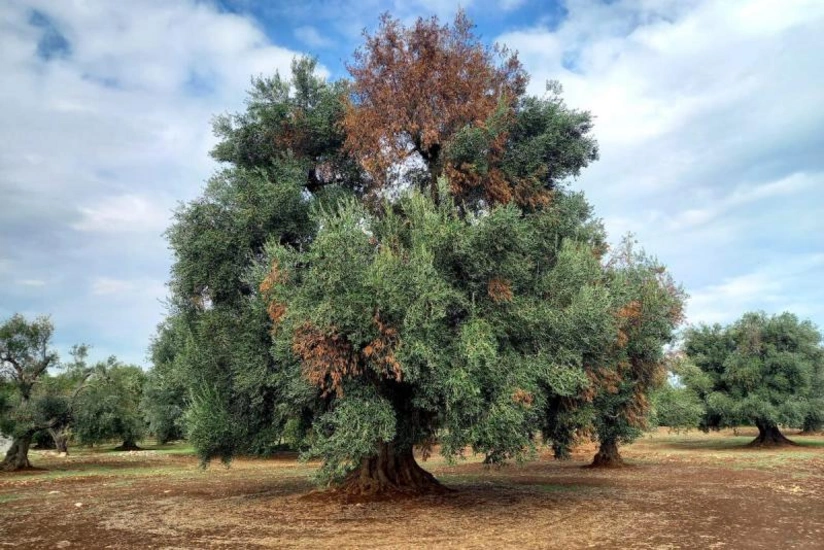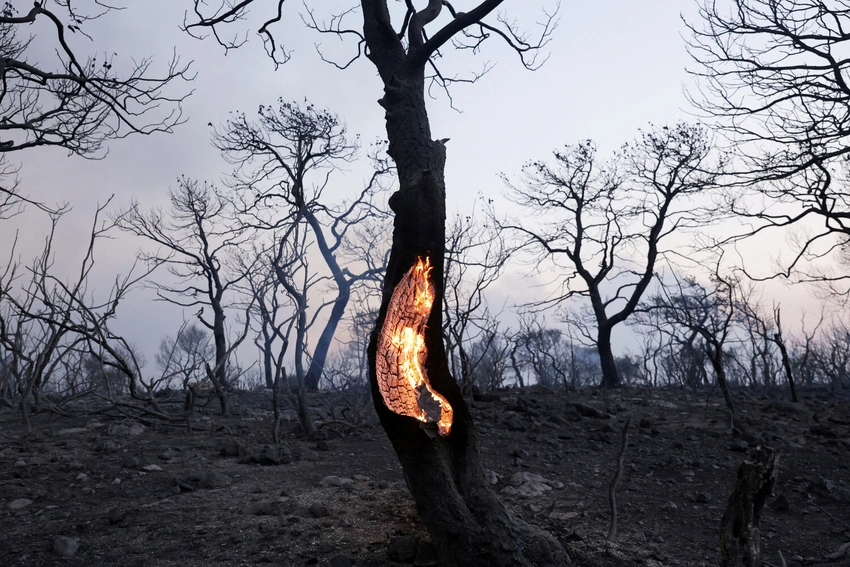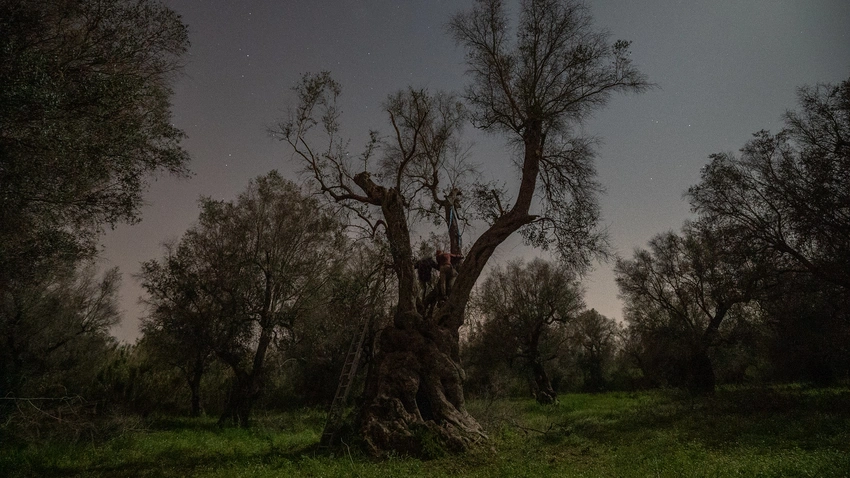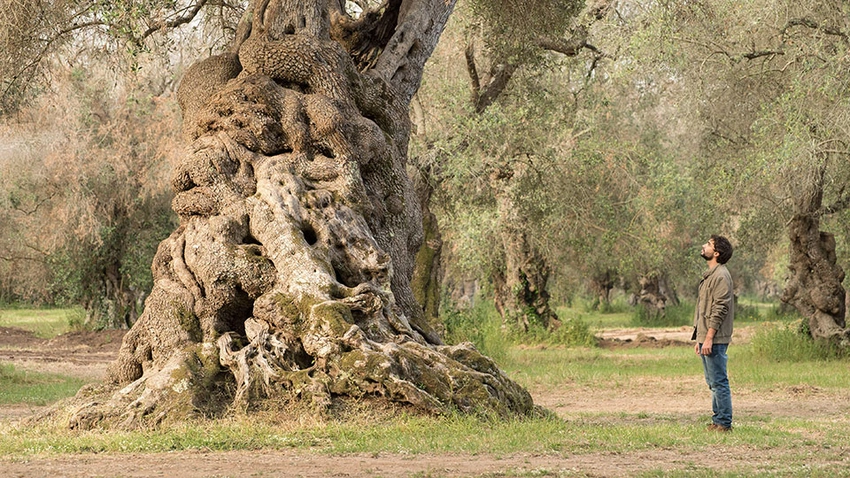Plant apocalypse: Scientists identify organisms destroying EU trees and crops
- 25 April, 2024
- 05:44

In February 2024, Puglia scientists found another Xylella subspecies, which had annihilated US vineyards and never previously been detected in Italy, Report informs via The Guardian.
Since scientists first discovered Xylella fastidiosa in 2013 in Puglia, Italy, it has killed a third of the region’s 60 million olive trees – which once produced almost half of Italy’s olive oil – many of which were centuries old.

Farms stopped producing, olive mills went bankrupt and tourists avoided the area. With no known cure, the bacterium has already caused damage costing about 1 billion euros.
“The greatest part of the territory was completely destroyed,” says Donato Boscia, a plant virologist and head researcher on Xylella at the Institute for Sustainable Plant Protection in Bari.

Across the EU, data shows, outbreaks of newly introduced plant disease have continued unabated at an average rate of 70 a year between 2015 and 2020, despite regulations introduced to stop their spread in 2016. While a number of member states have taken steps to prevent and curb the outbreaks, scientists, plant epidemiologists and agronomists say it is still insufficient.
Evidence shows that the Xylella bacteria came from Latin America and, most likely, got a ride from ornamental coffee plants passing through the Netherlands. About 30 billion rooted and unrooted plants, cuttings, bulbs and tissues came from third countries into Europe between 2005 and 2014, mainly through Dutch ports.

Only a sample of about 2% of imported plants are inspected for the presence of symptoms, according to international protocols, says the Netherlands Food and Consumer Product Safety Authority (NVWA). Given the number of plants that come through the main EU ports, it is “possible that new species will be introduced.”
Experts say the problem needs to be addressed in terms of balancing costs and benefits.
